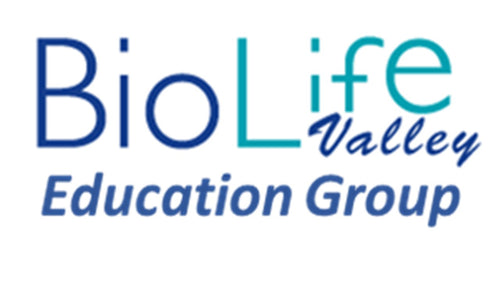A pre-med program is designed to prepare students for admission to medical school. The specific requirements can vary slightly depending on the institution, but here is a general overview of what students typically need for a pre-med program:
-
Bachelor's Degree: Most medical schools require applicants to have a bachelor's degree. While there is no specific major requirement, students often choose majors in the sciences, such as biology, chemistry, or biochemistry. However, students from various academic backgrounds are accepted into medical school.
-
Prerequisite Courses: Medical schools typically have specific course requirements that students must complete during their undergraduate studies. These courses often include:
- Biology with lab
- Chemistry (inorganic and organic) with labs
- Physics with lab
- Biochemistry
- English or writing-intensive courses
-
High GPA: Maintaining a high grade point average (GPA) is crucial for medical school admission. Most competitive medical school applicants have GPAs well above the average.
-
Extracurricular Activities: Medical schools value well-rounded applicants. Students should engage in extracurricular activities such as volunteering, clinical experience, research, leadership roles, and community service. These experiences can demonstrate a commitment to the community and a genuine interest in healthcare.
-
Clinical Experience: Exposure to the medical field through clinical experience is essential. This can include volunteering at hospitals or clinics, shadowing physicians, or working in healthcare settings. It helps students gain insight into the medical profession and develop a realistic understanding of the challenges and rewards.
-
Research Experience: While not mandatory, research experience can enhance an applicant's profile. It demonstrates critical thinking skills and a commitment to advancing scientific knowledge. Research can be in any field, not necessarily limited to medicine.
-
Letters of Recommendation: Applicants typically need letters of recommendation from professors, healthcare professionals, or other individuals who can speak to their academic abilities, character, and suitability for a career in medicine.
-
MCAT (Medical College Admission Test): The MCAT is a standardized test that assesses problem-solving, critical thinking, and knowledge of natural, behavioral, and social science concepts and principles. Most medical schools require applicants to submit MCAT scores.
-
Personal Statement: Applicants usually need to submit a personal statement as part of their application. This statement allows students to express their motivations, experiences, and reasons for pursuing a career in medicine.
-
Interview Skills: Successful applicants are often invited for interviews. Developing strong communication and interpersonal skills is crucial during the interview process.
It's essential for students to research the specific requirements of the medical schools they are interested in, as requirements can vary. Additionally, seeking guidance from pre-med advisors and staying informed about changes in the medical school application process is important for a successful application.


